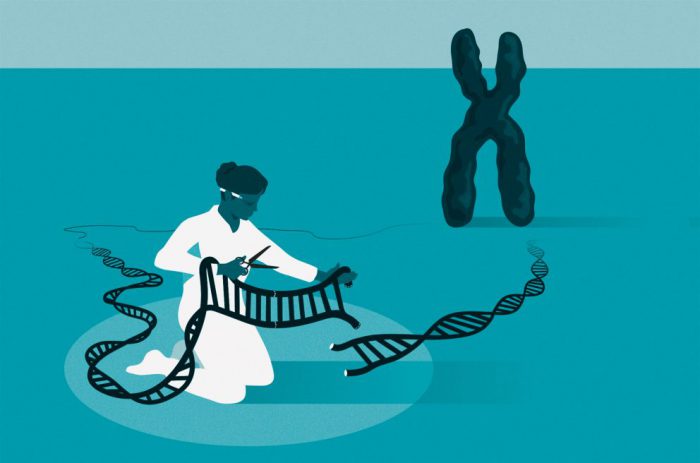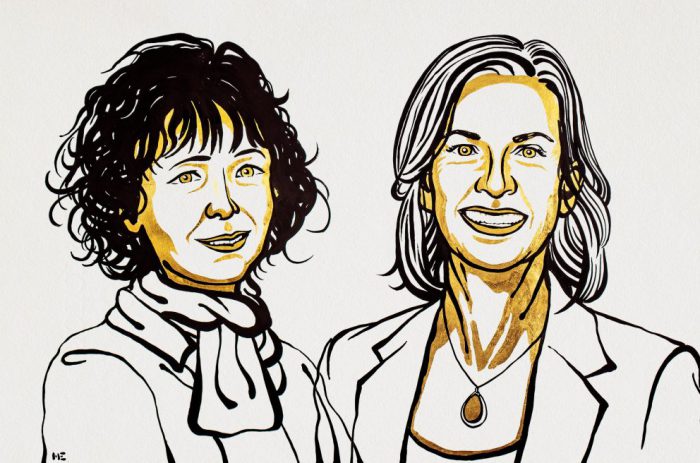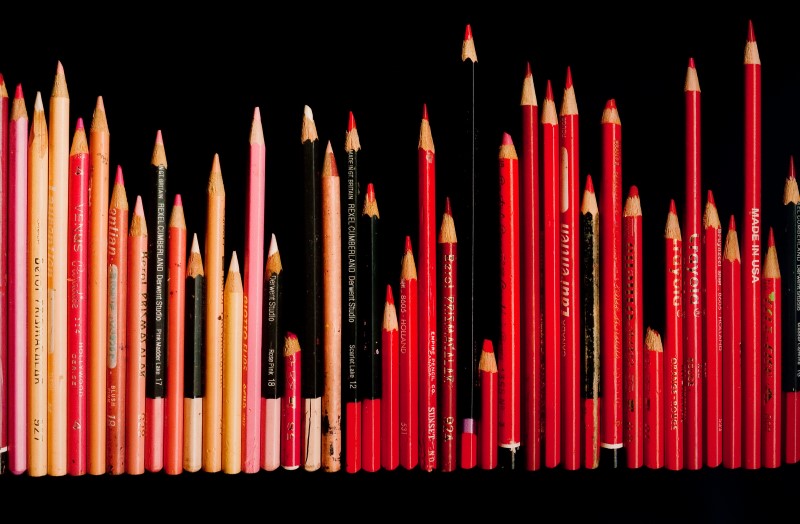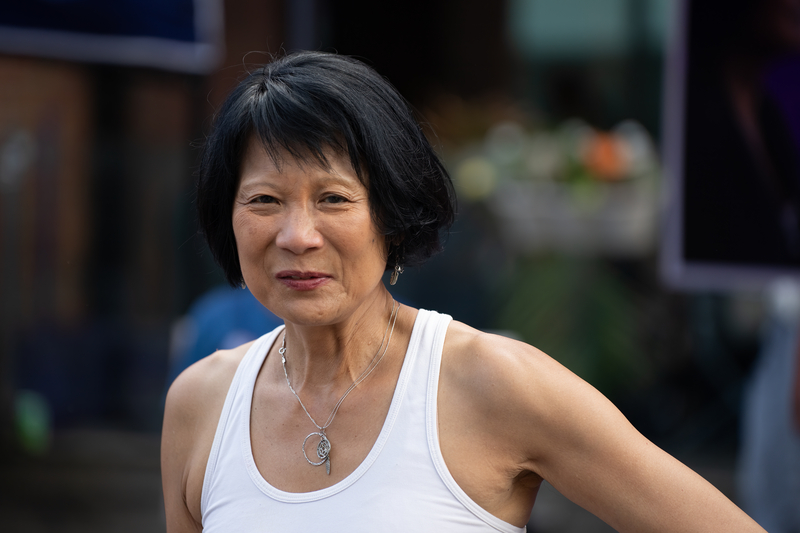The 2020 Nobel Prize in Chemistry has been awarded to a groundbreaking duo. Emmanuelle Charpentier and Jennifer A. Doudna are the first-ever all-women team to win this pretigious award. But of course, their gender is only a small part of their story. The big deal is their research.
The pair have been recognized for their work on genomes, a name for an animal's complete set of DNA. Genomes are the signature building blocks of living things, including humans. Figuring out a genome is challenging work for any scientist. But the Nobel Prize-winning efforts of Charpentier and Doudna are truly a cut above.
They made 'genome scissors'. No, we're not talking about actual scissors. Instead, they made a technique—called CRISPR-Cas9—that allows scientists to cut a genome at precise locations to make specific changes to genes inside. And it is a game-changer.
The blueprint
This is part of a human genome shown as a series of letters. Whoa! (Getty Embed)
To understand why such a thing is useful, let's talk about what a genome is.
Genomes are exceptionally complex molecular puzzles—the human genome is made up of around 3 billion pairs of molecules called nucleotides. Genomes are not only unique between species, but they are also unique between individuals. Your own genome not only makes you a human being, it makes you you. Your hair colour, height, nose shape, face shape, build, natural mental and athletic abilities and talents ... it's all there.
Another thing that is there? Predispositions toward (or likelihood of getting/having) certain diseases and conditions, such as cancers.
Cutting edge research

Snip, snip! (© Johan Jarnestad/The Royal Swedish Academy of Sciences)
For a long time, medical scientists have thought that if we could just adjust the genome of patients with certain diseases, we could stop the disease from occurring. Find the part that creates the disease, then remove it. But to do that, you need to be able to make very precise 'cuts'.
This is where CRISPR-Cas9, a.k.a. the genome scissor, comes into play. Charpentier and Doudna's work gives scientists this precise capability. And though it doesn't stop disease by itself—it's only a tool to be used to perform a task—it has made incredible things very possible.
As the Nobel Committee said in their statement: This technology has had a revolutionary impact on the life sciences, is contributing to new cancer therapies and may make the dream of curing inherited diseases come true.
That's amazing stuff!
Positive message for young girls
Charpentier poses with a bust of influential German physicist Max Planck. (Getty Embed)
Charpentier and Doudna would be inspirational whether they were women or not. But as only the sixth and seventh women (of 186 total winners) to win the chemistry prize and the first all-women team ever to do so, their gender is a big story.
"My wish is that this will provide a positive message to the young girls who would like to follow the path of science," said Charpentier after their win. Dounda added that it was great for girls "to see that women's work can be recognised as much as men's."
Jennifer Dounda speaking at a conference last June. (Getty Embed)
For that matter, we think that it's good for boys to see this example, too. That men and women belong together in lab coats as scientists and engineers—side-by-side redefining the impossible.
Congratulations to these two. That's what we call an earth-changing victory!
 Emmanuelle Charpentier and Jennifer A. Dounda are the 2020 laurates, or winners, of the Nobel Prize for Chemistry. (© Nobel Media. Ill. Niklas Elmehed)
Emmanuelle Charpentier and Jennifer A. Dounda are the 2020 laurates, or winners, of the Nobel Prize for Chemistry. (© Nobel Media. Ill. Niklas Elmehed)









